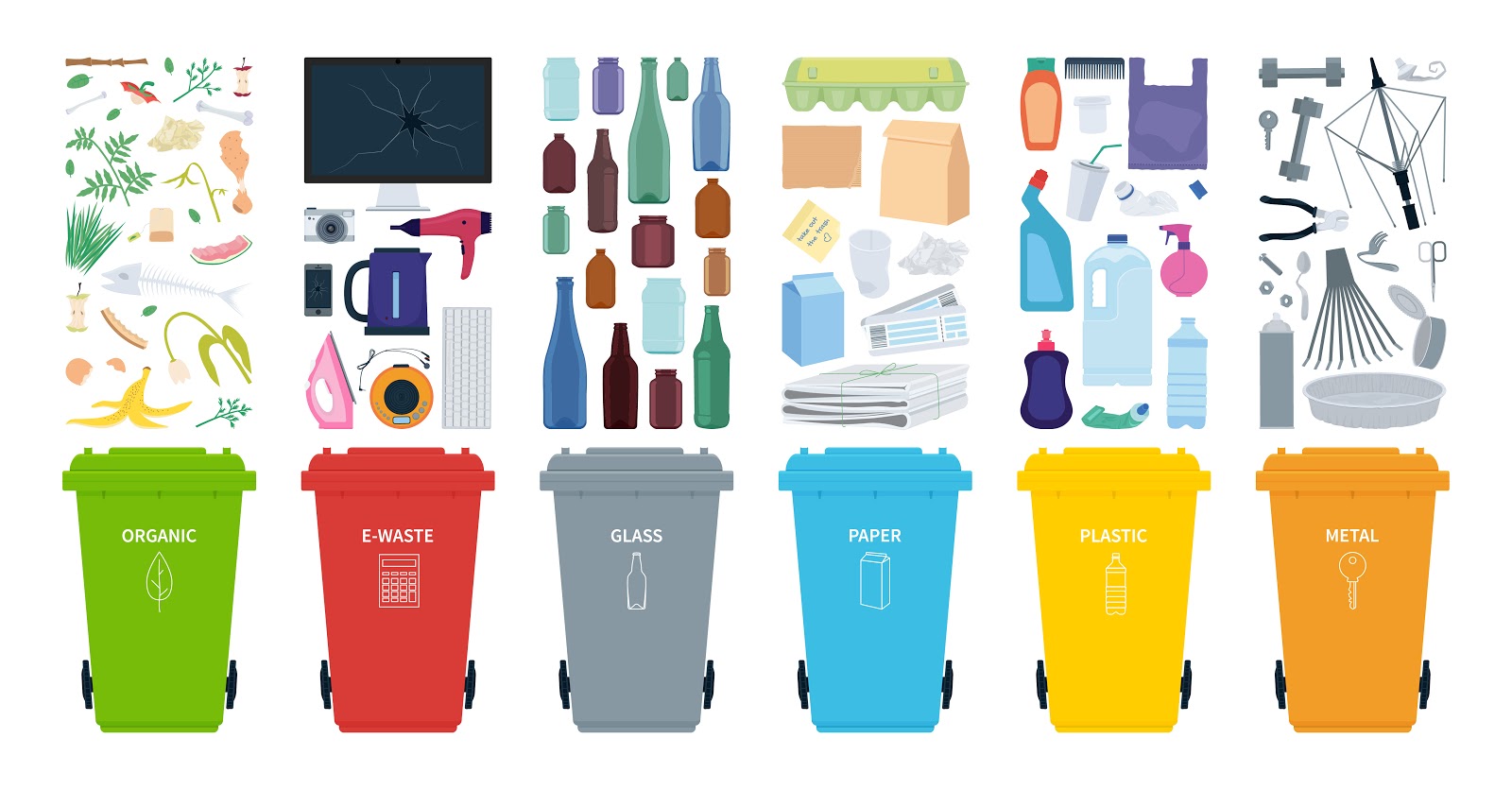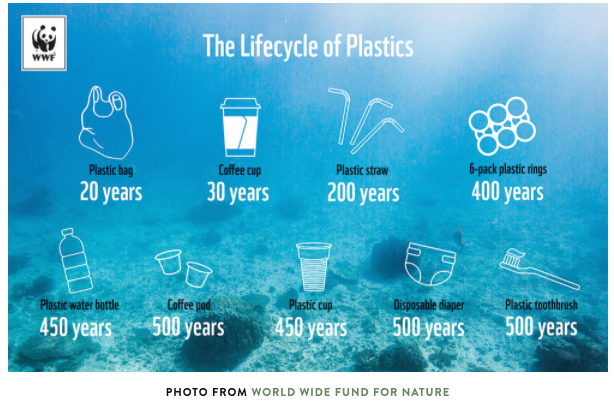
Recycling Superheroes, Get Your Capes!
I don’t like feeling helpless (I’ve never met a single person who does), but I’ve certainly felt that way more than once while watching the news roll out about which regulations designed to protect the environment and combat climate change are being rolled back or wantonly disregarded on any given week. I know I’m not alone in that. Climate change is not a partisan issue: it’s science, and science doesn’t care whether or not you believe in it.
But, hey, I’m an optimist, so let’s look at the bright side: recycling is now an act of rebellion! I won’t shy away from an opportunity to stick it to the man. Grab your superhero capes and meet me in the secret lair. Let’s talk easy ways to make a difference.
HOW TO RECYCLE…

…WINE CORKS
Screw tops, synthetic corks, and bottles can go right into your regular recycling bin, but there are other options for the real corks you’ve collected.
- ReCork is North America’s largest recycler of natural corks, and they make recycling yours easy. Use their store locator to find the drop-off site nearest you (like BevMo!). Given the current pandemic situation, cork collection at their sites has been suspended, but join their mailing list to be the first to find out when they’re back in business.
- Cork Forest Conservation Alliance campaigns globally for the protection and preservation of Mediterranean cork forests, and has partnered with businesses all over the US and Canada to install drop boxes for your used corks.
- Cork Club lets you ship your used corks for free right from your own home, so long as you have at least five pounds of them. For reference, that’s about 500 wine corks. Keep in mind that shipping (vs dropping off) further contributes to carbon emissions, and use this option if there is no open drop-off box near you, or if you and your friends have a buttload of corks to move.
…FABRIC AND TEXTILE WASTE

The average consumer (that’s us!) throws away an average of 70 pounds of clothing annually. Globally, the fashion industry is second only to oil on the list of big polluters (producing 10% of global greenhouse gas emissions and 4% of global carbon emissions), and produces 13 million tons of textile waste every single year. That’s an incredible amount of avoidable crap. BUY USED CLOTHING and get rid of your old stuff like this:
- Resell your unwanted duds on sites like ThredUp and Poshmark. Get some cheddar for your old favorite sweater!
- Repurpose your ratty t-shirts, they make great reusable cleaning cloths.
- Recycle unsellable, undonateable items through programs like TerraCycle and the Council for Textile Recycling.
…HOUSEHOLD ITEMS
One of the biggest travesties I see in the design process is old furniture going to the landfill.
I get it- furniture is difficult to transport, and it can take up a lot of time and energy. If you find yourself in this situation, use Donation Town to find a pick-up service in your area. They’ll move it for you.
…PLASTIC BAGS

I try my best to always remember my reusable cloth bags when I go to the store, but sometimes I still forget them in the car or on the counter at home. If you have no choice but to use plastic (or if you have a hoard of them under your kitchen sink…ahem), remember to bring them back to the grocery store. Many stores have a bin near the front where you can recycle those suckers. If your neighborhood grocery store doesn’t have a handy bin, visit Plastic Film Recycling to find a location that accepts plastic bags and plastic film.

<— (This is you right now. And also me.)
Ok, fellow caped crusaders, if that’s not enough sweet, sweet rebellious recycling action for you, here are some other suggestions that you can incorporate into your life:
– Sick of tossing junk mail directly into the recycling bin? Remove yourself from direct mailing lists by calling 212-768-7277, or sending your name (including any variations) and address to:
Direct Marketing Association, Mail Preference Service
PO Box 643
Carmel, NY 10512-0643
– Buy in bulk (when it’s practical). Staples like flour, oats, rice, quinoa, and granola are great candidates for bulk purchasing. Store them in repurposed glass jars and get creative with your labelling system!
– No use for the big, old Yellow Pages phone book anymore since we have, you know, the whole internet? Remove yourself from the delivery list by visiting here.
– Ask your favorite take-out place to leave out the plastic ware when you order your Wednesday night curry.
– Call your government representatives and encourage them to stand up for what’s right. Find your House Representative here, and your Senator here.
The biggest difference you can make is very simple: do your research. Know what you’re consuming. Know where it comes from. Know whose hands made it. Buy products made from recycled and recyclable materials, and encourage friends and family to buy from businesses that utilize sustainable practices. If your favorite company’s practices are not up to snuff, contact them and suggest alternatives.
In a world that thrives on consumerism and disposability, practicing mindfulness and supporting sustainability are loving, heroic acts. Don your superhero cape, take action, and keep searching for and sharing new ways to make this world a better place.

If you have questions about recycling or sustainability or anything we discussed above, send smoke signals to jen@jgcolor.com. We may not have the answer, but we’ll help you find it!






